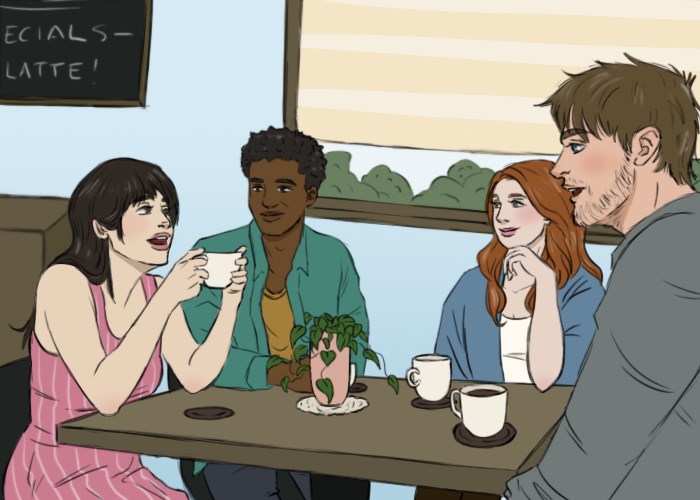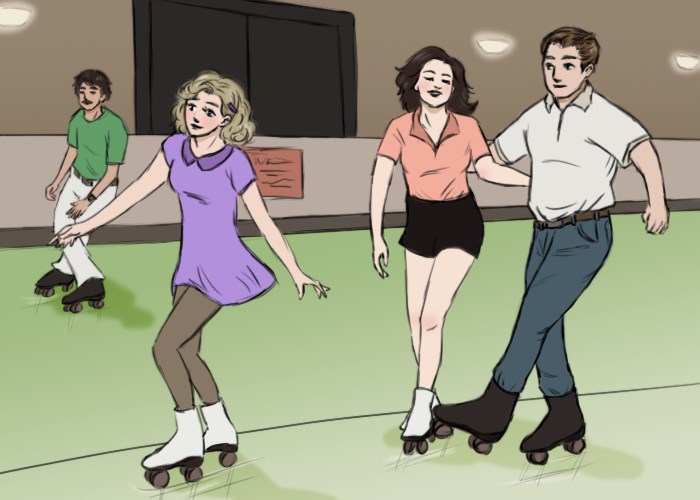By Katie Freeman
On a typical Friday evening in Sarnia back in the 60’s, most young people would gather with their friends and head to the Rose Garden Roller skating rink.
“You rented skates if you didn't have your own, and they had Spudnuts which were donuts that melted in your mouth,” one woman recounted, taking me back to 1962 with a wistful nostalgia.
She told me the story of how she met her husband there, and about all the social activities they attended in Sarnia, including three movie theatres and a drive-in theatre.
“There was swimming at Briarwood out on the highway — in the winter we could go swimming.” She added. “There's not much I see today for the kids to do.
"All the beaches were open too, eh?” She continued.” All of them are closed off now. We used to have wiener roasts on the beach. We'd all get in our cars and drive down to the beach. So much freedom.
“It was a different time altogether then now.”
Hearing her story got me thinking about growing up here and how it always seemed to feel like there was nothing to do. Come to find out, compared to 60 years ago, Sarnia has become a very different social landscape. And it's not just here; there’s a trending downward decline in stuff to do everywhere. I wanted to know exactly why that was and what could be done about it.
The Rose Garden is an example of what's known as a third place — a term coined by sociologist Ray Oldenburg — a space outside the home or work where people gather to socialize over shared interests. They’re an important part of community and development, and as Oldenburg describes, serve to unify neighbourhoods, bring youth and adults together, they reduce the cost of living, provide entertainment, and provide an opportunity for friendship among many other things.
After all, the need to congregate is a basic human instinct.

But these days, third places are dying out. Add in the pandemic with a largely online culture into the mix and you have a recipe for more social isolation than ever before.
In the age of technology where the Internet and conveniency rule, leaving your house outside working hours has become a less interesting ideal. Not only are you competing with an ever-changing world, but you’re up against people's comfort zones to get them out of the house and back into their communities.
So, the question becomes, how do we keep these places alive? Well luckily, third places still exist but they require one thing to thrive: participation. There are so many cool and wonderful opportunities out there to be taken advantage of: book clubs, game leagues, paint nights, crafting classes, free discussions and so much more available right here in Sarnia and all it takes is checking it out. I myself have joined a local book club, attended free & interactive mystery games at the library, and even took the simple step of making polite conversation with other people while out and about.
The more we take to staying in, the less of an opportunity we have, like those in the past had, to look back on our lives with wistful nostalgia and say, “I'm glad I have those memories.”
Katie Freeman is a born and bred Sarnian with a preoccupation for people and culture/art at large. Tackling the big picture and how it relates to the human experience is what keeps her curious. She has an English Lit & Rhetoric degree from the University of Waterloo, a cat, and crippling addiction to fantasy novels.
